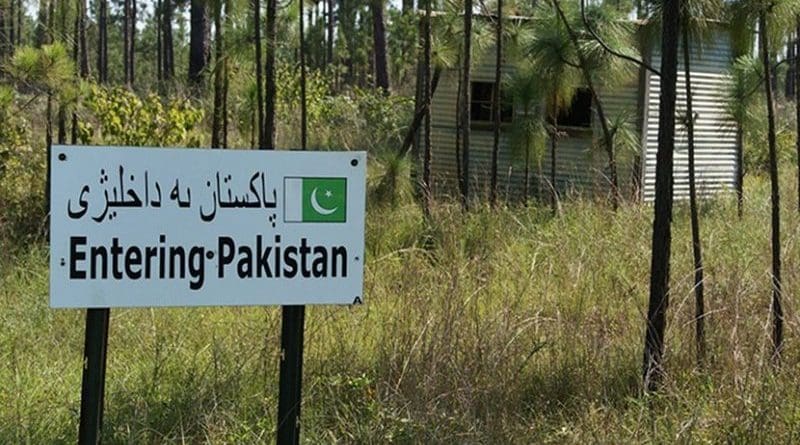When Hope Is Lost By The Shortage Of Leadership – OpEd
By Saad Hafiz
This is a bleak time for Pakistan – the government is paralysed, politics are divided and vindictive, economy is struggling, and national institutions are maligned. While the country has a long history of crises, confidence has hit a new low.
The principal cause of the present day crisis is a glaring leadership deficit. It is an endemic problem that has plagued Pakistan since its inception. The clarity and determination needed to steer the country out of a seemingly hopeless situation are missing.
Instead, leaders play partisan politics. They are mobilising anger and despair, and resorting to scapegoating. The people are dreaming of transformational leadership that this ad-hoc system is unlikely to produce. As a result, they put their trust in messiahs.
The situation is reminiscent of the leadership failures of 1971, when an arrogant military leadership could not see the impending military defeat. While political leaders bickered, the emotional but credible politics of Bengali nationalism and slogans of ‘Roti, Kapra aur Makan’ (food, clothing and shelter) did not get time to reconcile. It led to the traumatic disintegration of Pakistan and the blood-soaked creation of Bangladesh.
Arguably, the right course in 1971 was accepting the Awami League victory which reflected the people’s will. The 1970 elections were probably the fairest election ever held in Pakistan. If the West Pakistan leadership had respected the outcome, the country might have survived (albeit as a loose confederation based on Sheikh Mujib’s Six Points). That would not have been as terrible as the tragic events that followed.
While the crisis of 1971 is history, it offers a roadmap to resolve the current crisis. Unlike in 1971, the present situation demands political sagacity, not a lust for power. The national interest is best served by the politics of conciliation, not confrontation. Healing the torn political fabric and reducing the hyperpolarisation is the need of the hour.
Undoubtedly, the top priority for the leadership right now is to deal with the economic meltdown. Tenuous economic fundamentals, weak fiscal policies, high foreign currency debt, plummeting rupee, and depleting foreign exchange reserves have triggered conditions for sovereign default. Higher global oil and commodity prices have not helped.
Pakistan is living beyond its means. The global credit card that has sustained the beg-borrow-spend policies of successive governments is exhausted. It is imperative that the government makes hard decisions on the economy, and not focus on elections. Sovereign default, if it happens, will bring hyperinflation, loss of investor confidence, and rising poverty in its wake.
Blaming the IMF and the West is the biggest copout used by visionless leadership. Khan and his cohorts through their rhetoric and performance confirm that they are not different from their predecessors. The constant bane of Pakistan is not selected governments and leaders but imported ideas.
The US is no angel but has kept a dysfunctional Pakistan alive through aid for 70 years. Subservience is a two-way street. Self-respect is earned not demanded. Pakistanis should try to accept that dependency is in the bones.
As an example, India is free to buy Russian oil under the rouble-rupee arrangement because it is a democracy where power is derived from the people, not unelected institutions. Outsiders do not dictate Indian policies.
Today, there is an urgent and collective need to tap patriotism and national solidarity to deal with the economic crisis and preserve democracy. As a start, former Prime Minister Imran Khan should come to terms with his ouster. He must stop his damaging campaign to dislodge the government. In turn, the government should commit to national elections, at an early date, once the economy is stable.
No doubt, the country needs cycles of free and fair elections. Let the pieces fall where they will. Pakistan has lost out whenever the establishment has tinkered with the election processes and outcomes.
The establishment must stop being afraid of a raucous democracy. It must learn to respect the people’s will. Otherwise, the alternative is a dictatorship riddled with extra-constitutional actions and loss of freedoms.
A valuable lesson from the crisis of leadership is that a time is not far when the people will use violent means to destroy the system. When leaders act as overlords, not public servants, and dividends of governance are non-existent, people lose hope.
Saad Hafiz is an analyst and commentator. He can be reached at [email protected].

